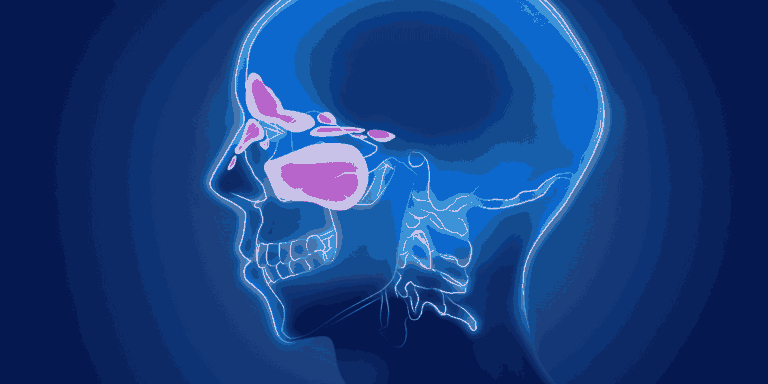Understanding what causes urinary tract infections helps you prevent them more effectively. Throughout my career, I’ve identified several key factors that repeatedly lead to UTIs in my patients.
Bacterial invasion is the primary cause of UTIs, with E. coli responsible for 85-90% of uncomplicated UTIs in healthy individuals. This bacterium normally lives harmlessly in your intestinal tract but causes problems when it migrates from the gut to the urinary system.
Poor bathroom hygiene is a major contributing factor. Wiping from back to front after bowel movements can transfer bacteria from the anal area to the urethra. I always tell my patients: front to back, every time.
Sexual activity can introduce bacteria into the urinary tract. The physical movement during intercourse can push bacteria toward the bladder, especially in women due to their shorter urethra. This doesn’t mean you need to avoid intimacy—just urinate before and after sexual activity to flush out potential invaders.
Holding urine for extended periods creates a breeding ground for bacteria. When urine sits in the bladder too long, bacteria can multiply and establish infection. Empty your bladder regularly throughout the day.
Certain health conditions increase UTI risk:
- Diabetes (high blood sugar promotes bacterial growth)
- Kidney stones or other obstructions
- Enlarged prostate in men
- Pregnancy (hormonal changes affect urinary tract function)
- Compromised immune system
Personal care products like douches, harsh soaps, or scented feminine products can irritate the urethral opening and disrupt the natural bacterial balance, making infection more likely.
Dehydration concentrates urine and reduces the frequency of bathroom trips, both of which allow bacteria more time to establish infection.
If you’re experiencing UTI symptoms like burning during urination, frequent urges, or cloudy urine, ChatRx can help determine if you need antibiotic treatment and provide guidance on prevention strategies.












